Midnight Mass, and the Beauty of Faith (SPOILERS)
In the first of three editorials leading up to Halloween night, our resident Director takes a SPOILER FILLED personal look at the newest project of filmmaker Mike Flanagan in Netflix’s Midnight Mass, as well as what the series has to say about faith.
There’s a point in Midnight Mass’ final minutes where Erin Greene (played by the incomparable Kate Siegel) delivers a monologue over some absolutely stunning cinematography, and following that, we see all the characters that we’ve gotten to know over the course of the past seven episodes prepare for the finale… and I started bawling my eyes out. I wasn’t sad or heartbroken, but I was genuinely moved. I felt absolutely shook to my core, and I found myself just sobbing uncontrollably until the credits started rolling.
And I’ll be honest, the show had stuck itself into my mind for the rest of the week. Even now, it’s peaked itself into the corners of my mind, and I can’t stop thinking about it. But why is that?
Well… it’s because it’s the first time I’ve felt my personal spiritual beliefs being represented. Let me explain.
A WORD OF WARNING:
THERE WILL BE SOME DISCUSSION ABOUT
RELIGION AND FAITH, AS WELL AS MAYBE OTHER BROAD SUBJECTS.
THESE DON’T REPRESENT THE SITE AS A WHOLE, BUT RATHER MY OWN VIEWS.
My faith has always been a very confusing subject for me to grapple with. I was raised a Christian by my parents, and while we didn’t regularly go to church, we did have a tradition where every year on December 24th, we’d stay up until midnight and bake a cake that would read “Happy Birthday Jesus“. While (if historical records are anything to go off of), it is more likely that Jesus was born sometime earlier in the year than on December 25th AND the date was lifted from pagan holidays… it was something very special and intimate that I always treasured early on in my life.
As the years went on, I started to question more things about my faith, and I wondered if deep down inside I really did feel like I was a Christian. As much as I make fun of him on my YouTube channel through video editing, I really do attribute the Bill Maher/Larry Cohen documentary Religulous as a turning point for me discovering myself spiritually. It opened me up more to the concept of atheism and especially questions of faith that come when discussing the wonders of God.
This led to many questions in my head as a pre-teen at this point: if God is all powerful, why does he let bad things happen? Why do so many people hurt people in His name? If Christianity is the way, why are there different types of religions and different Gods? Is there one true God? How come bits from the Bible (which I’ll admit to not having read at that time, and only knew of bits in passing) are so contradictory and read more like fables than a rule book? Why do people genuinely think that there’s a short amount of time between when the Earth was created to when we came into the picture, even though science explains everything perfectly?
These are hyperbolic questions, but as a pre-teen, it was very impressionable in my mind and drove me to going down what many call the “skeptic rabbit hole”. For those who know, names like TheAmazingAtheist, JackynGlenn, Mr. Repzion, and Cult of Dusty might sound very familiar to you… and they were an extensive part of my viewing history. I soaked up their snark and spiritual cynicism and everything like a sponge to water, to the point where I felt like they were speaking directly from my heart. Whether I felt as much because of my genuinely skeptical mindset, or because that was all I was watching to the point where everything I thought of was regurgitated from what they were saying, I wouldn’t be able to tell you. But for a better part of my middle school to high school life, this was my mindset.
I was an atheist… until I wasn’t. I think it’s no surprise to most that I started to fall out of this philosophy around the time of the 2016 election. Speaking from my experience, it was… well, there’s no other word for it: toxic. At this time, there was the rise of the alt-right, and while a lot of them started to pivot away from talking about religion and faith only to talk more about feminists and “SJW cringe“, the rise of this era of feminism was a very rocky one in the age of the internet. It was almost like an overcorrection of so many things where literary criticism kinda fell off to the wayside. You had people on the right side of the spectrum just throwing themselves to onto themselves thinking that The Last Jedi is feminist propaganda and that Brie Larson is the clone of Hilary Clinton or whatever; meanwhile people on the left created antagonistic views about art where pieces of work were meant to be seen for one singular audience and one singular audience alone, but if you don’t see the Charlie’s Angels remake or the Ghostbusters 2016 reboot, this means that you’re a misogynist.
Seeing so many of these people I looked up to turn into this type of personality, it kind of started to make me a worse version of myself. Whether I realized it or not, I turned into a deeply cynical person. My empathetic levels were at an all time low, and I just expected the worst from anyone and everyone. There was this… this deep rooted hatred and negative outlook I had for life in general, that truth be told it led me to a very dark place emotionally and mentally where I had… attempted to leave at least a handful of times in my life.
However… as with most things in my life, I grew a close knit group of friends that helped ground me. I fell in love and lost it; broke hearts and had mine broken; and I was an asshole. No one’s perfect… but we meet people in our lives that help us get to be better. My friends I made in high school. Women that have built me up and shown me kindness when I didn’t deserve it. Colleagues on YouTube, and especially colleagues on here. I started to open myself up more and more to empathy, to beauty.
Which brought me back to where I stood when it came to my faith… and I realized I didn’t know the person I was anymore. I thought back to all the needless debates and arguments that I wanted to take part in, and it wasn’t to debate, but it was to solely put others down. I wanted people to feel stupid for believing in God, or believing the Bible was factual. I even thought back to all the personalities that I used to listen to, and when I’d watch all the older videos that used to give me a piece of mind… I just found myself irritated and put off by how they never really wanted to open themselves up to a dialogue about faith and the afterlife.
“When you die, you’re dead,” is what they used to say unanimously. But there wasn’t a profundity to the statement, it never felt assuring or even spiritual. It just felt… so plain and matter of fact. It was just so cynical, and it never felt like they found something enlightening in it, it was a very bleak mindset, almost as if they were instead saying, “death is just like life: it means nothing, so stop trying to find something in it.“
The cold hard fact is that even the skeptic community can be as fanatical as any other religious group and can make you feel just as vilified for being empathetic to those with faith. I didn’t identify with this level of skepticism. It just left my heart feeling cold. So I started looking elsewhere.
Like Riley Flynn (and by extension, director & creator Mike Flanagan), I started looking to other places for some spiritual enlightenment. Through my lovely fiancé (who fellow Renegades may know as the lovely Kay-Rah) I found the motivation to go to church for the first time, and I started reading the Bible. It wasn’t just the Bible, but I even looked into practices from other religions, and through them… I dunno, there was a realization that hit me that at the end of the day, despite where we hang our hat, no matter what we believe in or what we do in our lives… we are all equal. Truly equal.
While I ended up not being a regular in church, it gave me this clarity that helped me understand WHY people seek out faith and go to church: despite the negatives and contradictions that do arise in many different religious practices, they really help people belong to a community. Most of the time, you do find people who want to be better, and who really do find something comforting in looking at “the word of God“ and feel some relief when they turn the pages of the bible and happen upon a verse that manages to tie into the worries and fears they’re thinking at that current moment. Misinformation, ignorance, and close-mindedness can be prevalent in these settings, but they aren’t all Beverly Keane (though they can end up being louder than more sensible voices).
So I started watching Midnight Mass, and something inside me said that THIS SERIES was the one to introduce myself to the stylings of Mike Flanagan. I couldn’t put my finger on it, but something was calling me to this story in particular. Maybe it’s because I’m opening myself up to the horror genre, or maybe it’s because I have a draw when it comes to small town-style stories, but I was ready to be immersed into this artist’s take on religion and horror (I even drank up all the interviews and found myself sucked into how personal and intimate a story this series was, from inception to release). And from that first scene, with Riley and the drunk driving accident, I was hooked.
It’s a question that comes up right at the beginning of the series, when Riley slurs the “Father in Heaven” prayer, when the cop checking his pupil dilation venomously asks of him, “While you’re at it… ask him why he always takes the kids, while the drunk f*cks walk away with scratches.“
When Mike Flanagan made this series, he came up with the idea in the midst of his own struggle with alcoholism: what if he killed someone while he was drunk, and worse yet, what if he lived? And all throughout this, we see Riley endeavor to make it out alive. In a perfect world, he would’ve lived and the teenager he killed would’ve lived. But this isn’t a perfect world, and Riley is sent back to the podunk small island town he and his childhood flame tried their hardest to escape, as there’s no place for a sinner like him to repent except for home.
But as the series plays out, we see exactly where everyone is not only spiritually, but emotionally. You have Joe Callie and the weight he felt with what he had done to little Leeza Scarborough; the good doctor Sarah Gunning caring for her dementia-riddled mother Mildred and the quiet judgement of the clergy; of the freshly moved in Sheriff Hassan with his son Ali and the overt prejudice felt not only by the community and the world he left behind, but especially that of the overbearing Karen of the island, Bev Keane; and of Erin Greene and the bun in the oven she desperately wants to have a better life than the one she had been given. All of these people are hurt, struggling, or broken in some way or another, and most of them take solace in their own faith or traditions. And the arrival of Father Paul Hill brings with it a sense of unity not felt on Crockett Island in years.
Now as the series goes on, for lack of a better phrase, the Lord gives and the Lord takes away. Leeza - after having been wheelchair bound for most of her life - can suddenly walk again, but Erin’s pregnancy suddenly vanishes; Mildred suddenly gains back her memory and her youth, but at the loss of Paul Hill’s humanity (who it turns out to be the old priest of the town, Monsignor Pruitt); and yes… while the town is renewed with a sense of faith and camaraderie, it turns out there is a vampire in the community in the form of an angel!
I bring all of this up because a lot of the worries I had about the series going in was hearing that Flanagan was an atheist, and I worried that he would portray the church as purely wrong and make the wayward skeptic the knight in shining armor. I worried more than anything that they’d make the Mass scenes just a walking set of strawman presentations that I had enough of people writing for their scenarios, as if they made the scene just to show “THIS is what you believe in? You’re stupid!“ But the series wasn’t that at all. In those scenes at the church, it’s easy to get swept up in the emotion of the congregation, to feel the weight of the pastor’s words wash over you, to feel how much it means to everyone in Crockett. And having Riley die having found peace, but also not being the hero of the story… it was such a revelatory breath of fresh air that I genuinely had no idea where this story was going to go!
When the blood starts to pour, and Pruitt’s true intentions are made bare with the Jonestown sequence of the penultimate episode, the horror of fanaticism was finally shown. And never have I ever seen the mindless zealous faith portrayed in perhaps the most realistic and understandable way possible. Through Bev Keane’s already overbearing personality, by seeing her turn a blind eye to the horrors that Monsignor Pruitt has subjected himself to by only focusing on how it benefits her, we see how she’s able to turn the people against themselves. As she proclaims back in episode 4, “So if you wanna question him now, Wade, if you want to pick and choose which one of his works are palatable to you… Return all his graces to sender then, and let your little girl sit back down in that wheelchair. But do not cherry-pick the glories of God!“
And we see the result of what happens. Almost everyone, save for Riley’s young brother Warren and little Leeza Scarborough, ends up dying. Even Sheriff Hassan and his impressionable son, Ali. As the community of Crockett Island starts to feast upon the innocent, Bev’s quest for spiritual ascension and Pruitt’s selfish-but-empathetic plan to bring the love of his life back has gone up in flames. We leave on Warren and Leeza on a boat across the water, and the angel that brought the second life for everyone is feasting upon Erin (who is in turn clipping his wings, a callback to a traumatic childhood memory she had endured from her mother). Everyone is at their lowest point, and there is no escape from the rising sun that will be rising at any moment.
Then we cut back to Erin and Riley back on the couch. A few episodes prior, they had been talking about what they figured life after death would be like. At the time, Riley talked about just dying, but being recycled back to the Earth and the universe. In his own words: “I’m broken apart, and all the littlest pieces of me are just recycled, and I’m billions of other places. And my atoms are in plants and bugs and animals, and I am like the stars that are in the sky. There one moment and then just scattered across the goddamn cosmos.”
Now at the time, Erin thought about her answer from the point of view from her daughter. But instead, she’s given a chance right as the flame of life she has left is about to go out… and she gives this absolutely heart-wrenching monologue about how at the end, we are all one and the same. As she exposits: “I am the energy firing the neurons, and I’m returning. Just by remembering, I’m returning home. And it’s like a drop of water falling back into the ocean, of which it’s always been a part. All things… a part. You, me and my little girl, and my mother and my father, everyone’s who’s ever been, every plant, every animal, every atom, every start, every galaxy, all of it. More galaxies in the universe than grains of sand on the beach. And that’s what we’re talking about when we say ‘God.’ The cosmos and its infinite dreams. We are the cosmos dreaming of itself. It’s simply a dream that I think is my life, every time.“
And as this monologue is going on, we see all the characters we’ve come to know get ready to accept their deaths. Riley’s parents lead everyone to a sullen hymn; Pruitt and Mildred are at the bridge where Sarah as a young girl used to go to; Hassan and Ali perform one last salah; and even Bev Keane comes to terms with how she’s going to die by trying to bury her head in the sand.
When I saw all of this going down, I started breaking down and crying uncontrollably. It feels like forever since I mentioned this, but it was my honest-to-God instant reaction. And I knew immediately why.
There was an editorial by Flanagan on the eve of Midnight Mass’ release where he described his faith as believing not in God or Science, but in empathy. And I don’t think I’ve ever seen probably a more empathetic culling in my whole life in any piece of art — and I mean this as a full positive. At the end of the seven episode mini-series… Flanagan has let all of his characters go out as real people.
At the end of it all, everyone is spending their final moments believing what they believe in. Pruitt and Mildred believing in each other; Hassan and Ali with the Muslim faith; the Flynn’s and the rest of the town with Catholicism; and Erin with her own world-weariness. Even Riley from early on dies in perhaps the most respectful way he could have considering what he had done to the teenager. There is empathy for everyone all across the board. Even when Bev ultimately dies, she is so pathetic in her refusal to accept her falsehoods that while it is definitely a kind of schadenfreude, it also humanizes her (which is an especially nice touch as she’s probably the most inhuman character of the whole series).
And all of this - in some funny way - ties back into what Riley’s mother tells Bev when she starts passing judgement on her parenting of Riley by making a murderer and a drunk: God doesn’t love you anymore than anyone else. And in the end, everyone went out equally as grim as Riley did. In the end, we live and then we die.
But why is that so inspiring and beautiful to me? For me, there was just this profundity that comes down to the notion that we are all equal at the end of the day. That there’s a beauty in how we go out and what we believe; that trusting that we are made of stars and become one with the universe can be just as spiritually satisfying as believing that when we die, we go to walk through the gates and can rejoin with the Almighty in heaven! There’s something so unbelievably heartwarming in the idea that those who have done bad in their lives still end up in the same place… and how good or evil, we all die, and we’re all together. That in the end, we are all God, so to speak.
Never in my life have I ever heard the idea of all of us being in the same position after death be so enlightening. This is what I’ve always felt throughout my whole spiritual journey, and I never thought I’d live long enough to see my own beliefs become so fully realized for the world to see. Perhaps I may be projecting too much, but that’s the power of art: it places a mirror onto the parts of ourselves that we otherwise would not engage with, and presents doubts and fears and hopes and dreams in a way that we can digest and understand. And I think what Mike Flanagan has done with this series is nothing short of a masterclass of religious discussion.
Some people may be upset at the fact that it went in such a direction (there’s one op-ed that is just… in the complete opposite side of the spectrum this editorial is on), and I genuinely feel sad I can’t share my own experiences with those detractors. The series isn’t perfect. No piece of media is. But I also understand that it’s something that might be only familiar to me… and that’s okay. After all, all our experiences are unique, and that’s what makes life so interesting. We are what we are; and I am what I am.

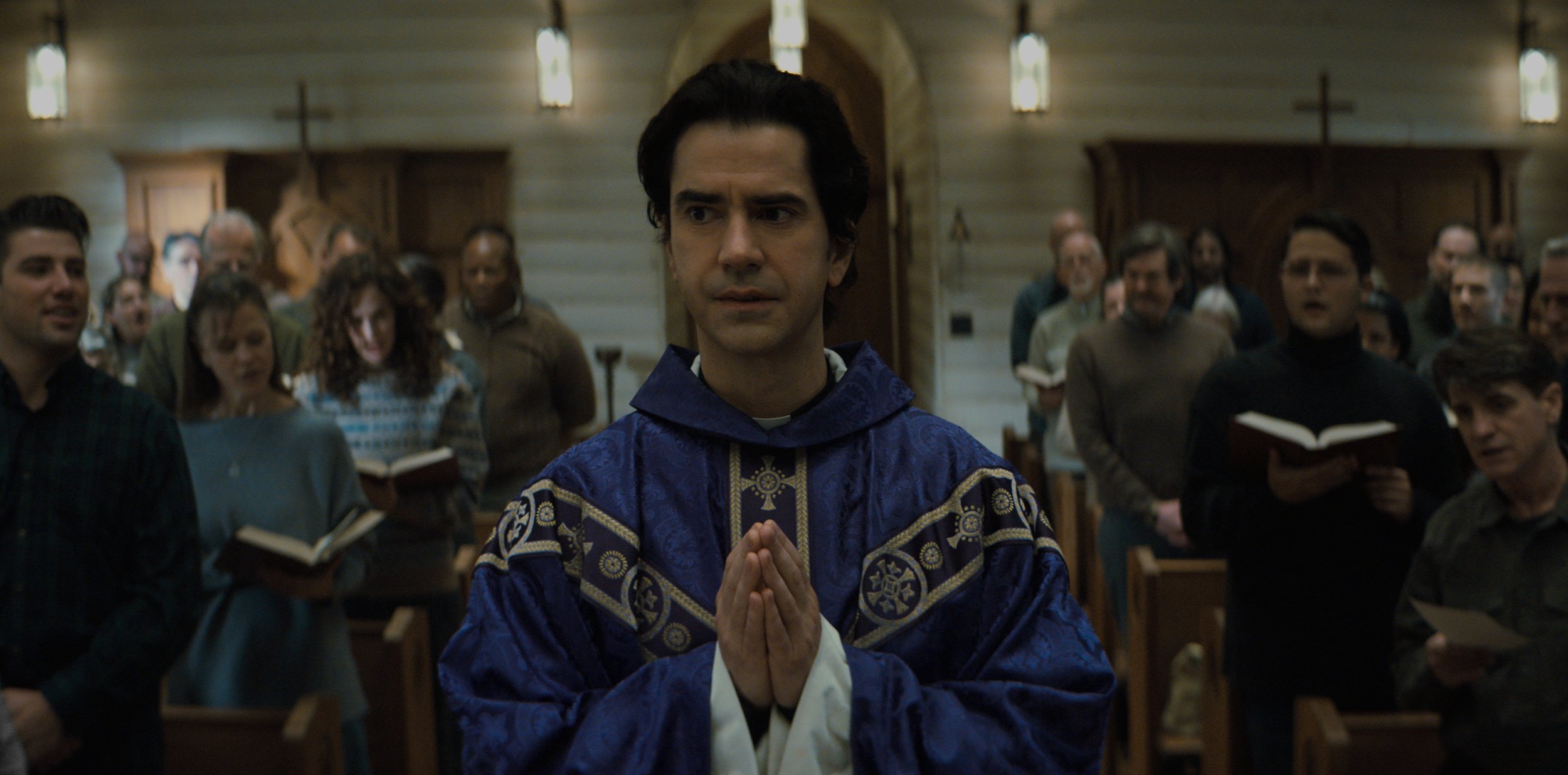







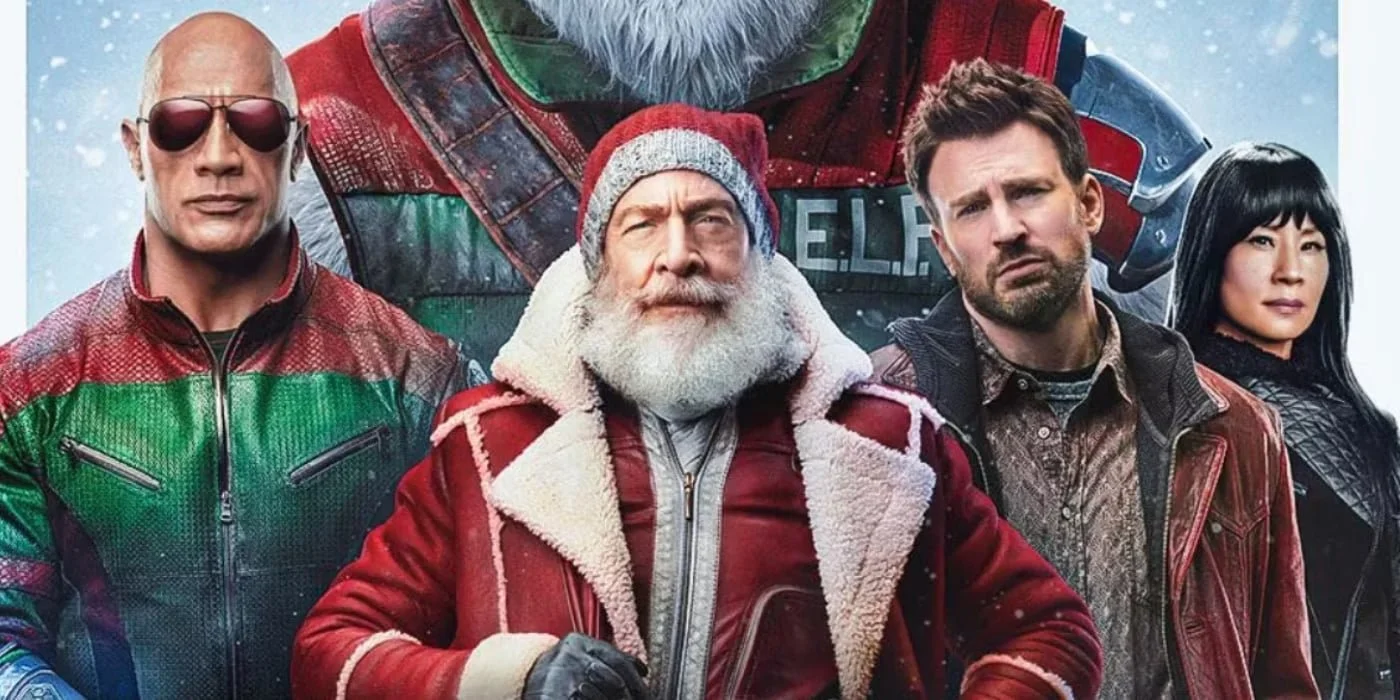

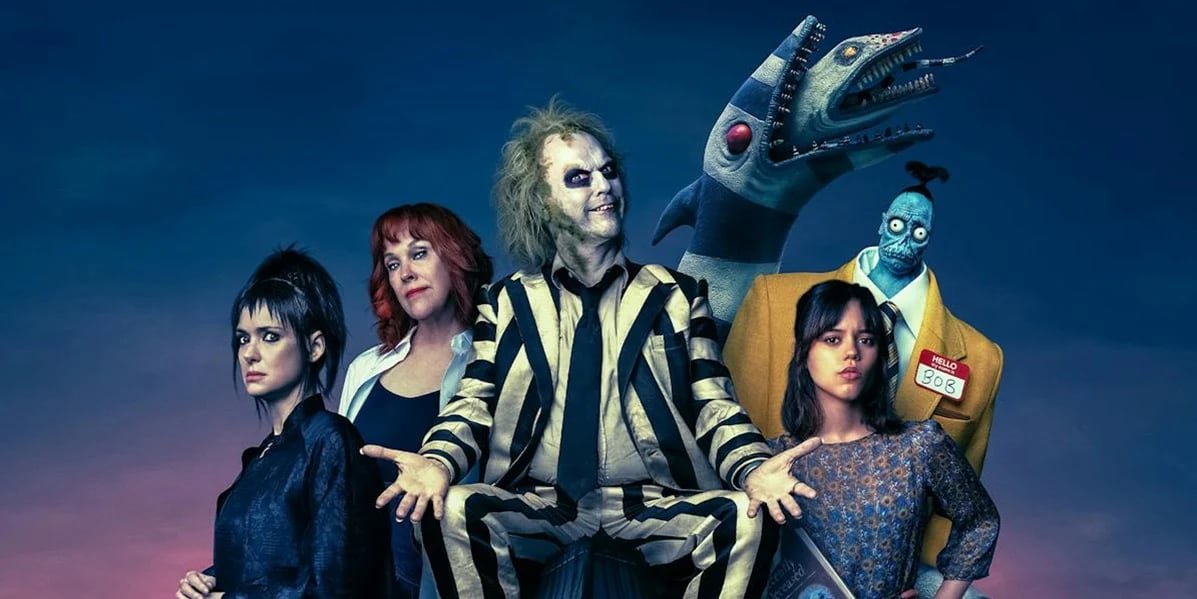
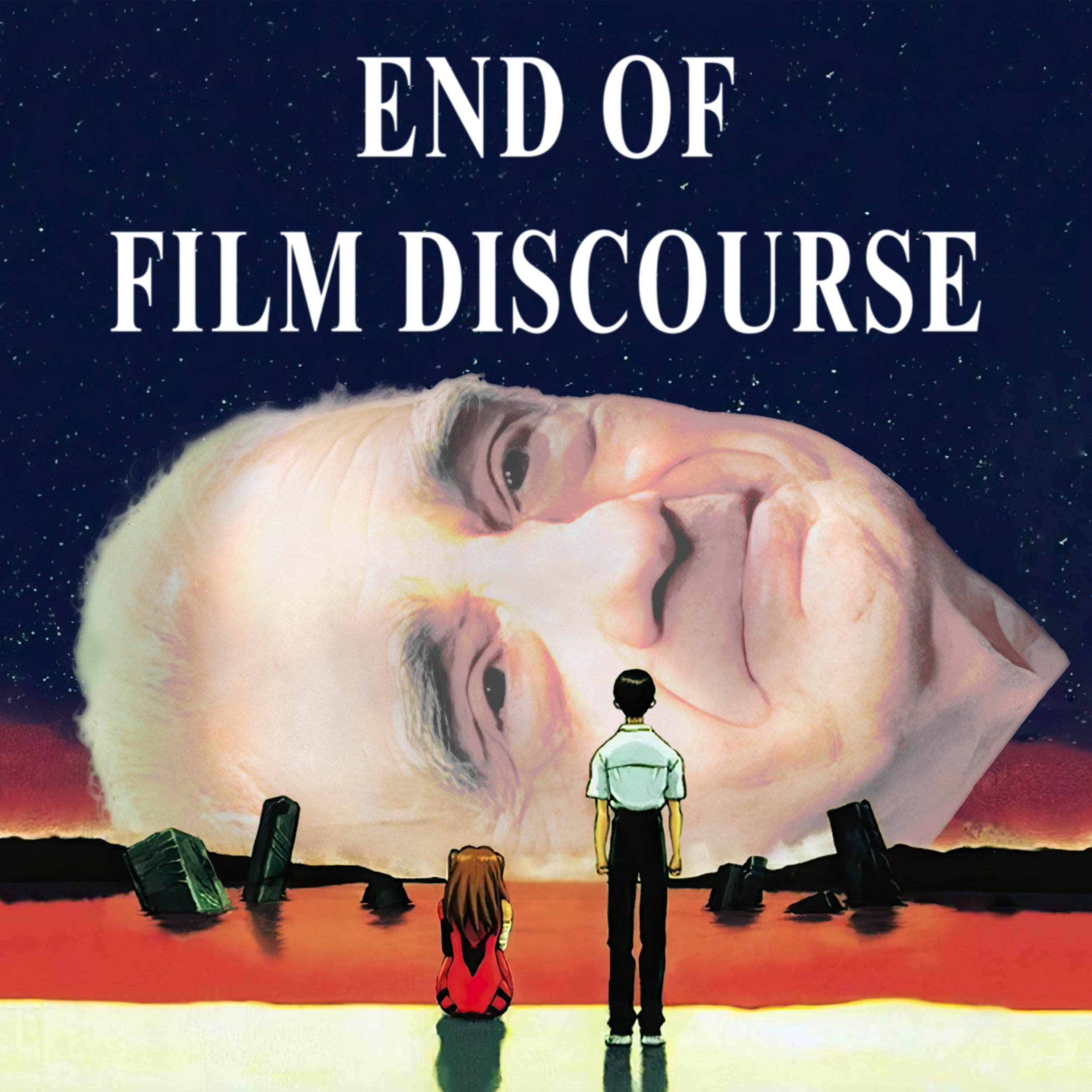

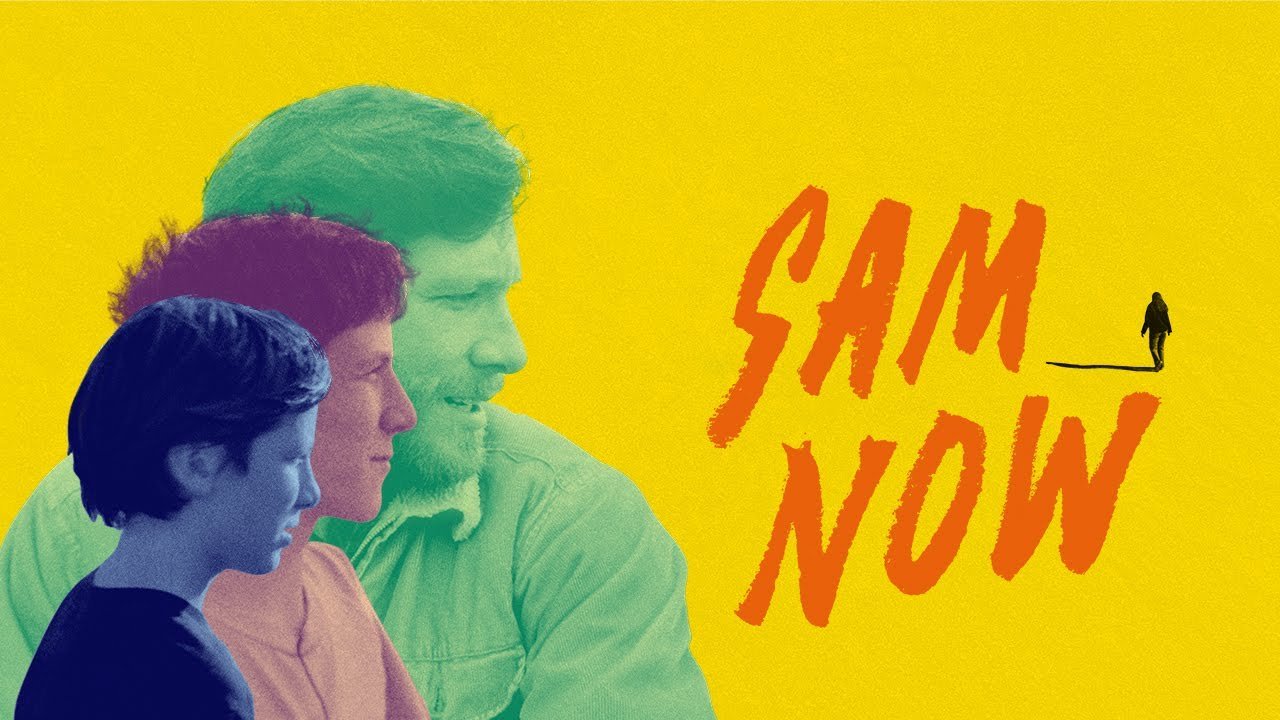
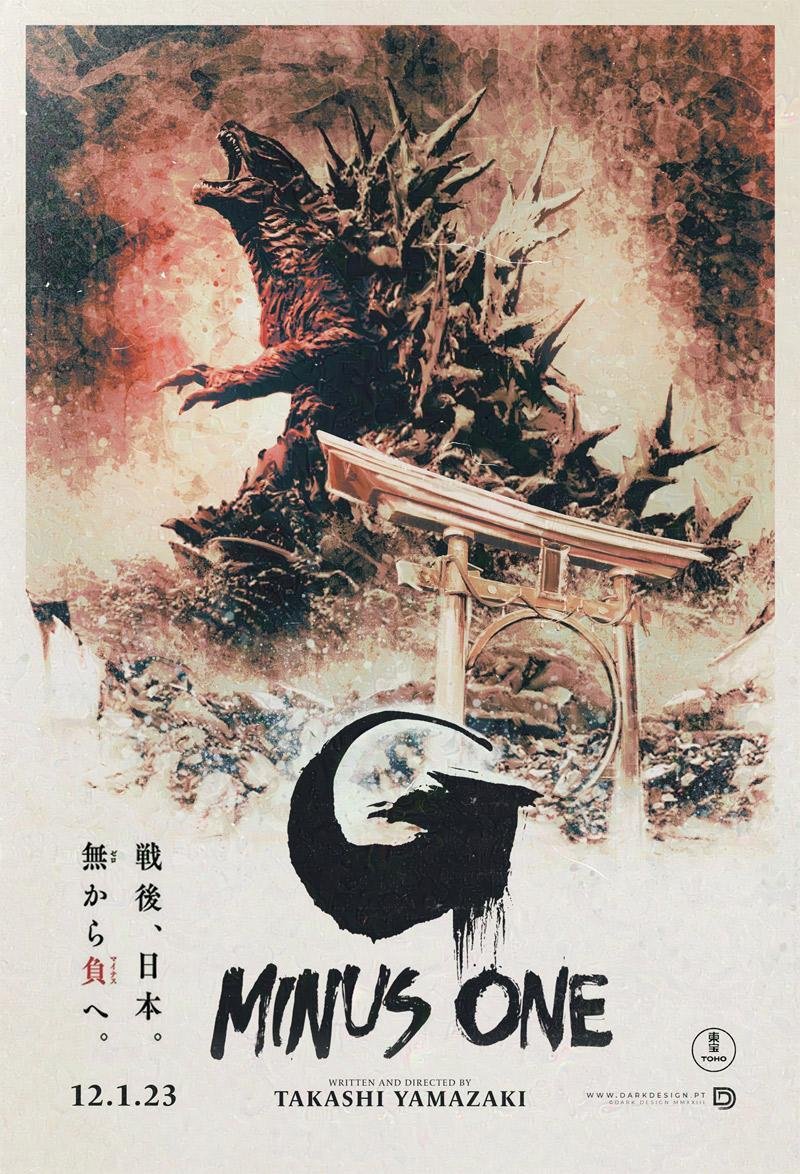
For the past several days, I’ve wondered how to approach the dismantling of Game Informer magazine, as well as its website and social media presence, by GameStop management. After 33 years of publishing, the entire editorial and design team was laid off on Friday, August 2, and the website was gutted and turned into a single landing page. While the demise of yet another pillar of print publications in the video game space is not unexpected news in this era of the internet, I’d still like to take a look back at Game Informer’s history, what it means to me, and how much it meant to the industry at large.